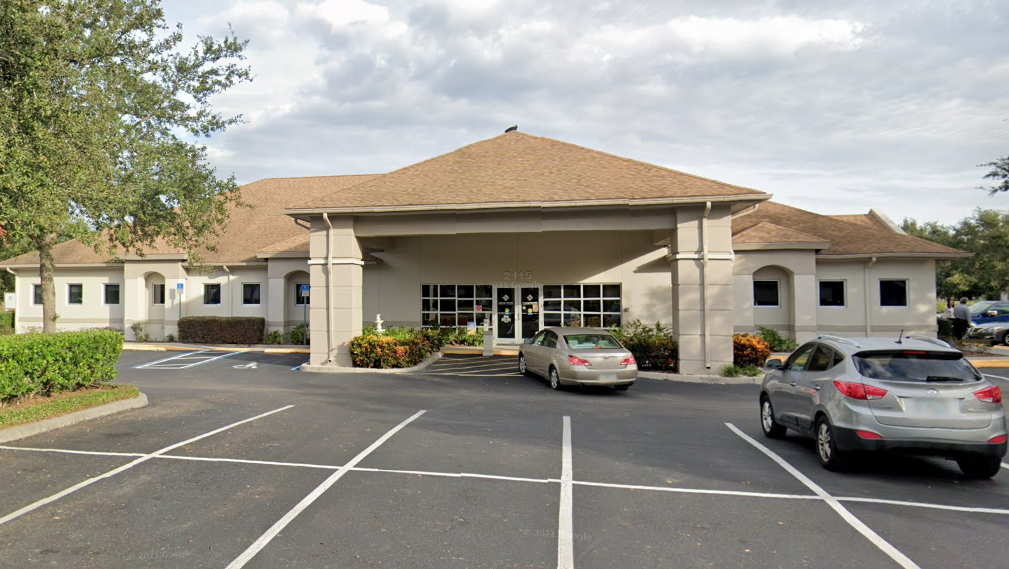
VMware has revealed that three senior executives have chosen to leave the company.
The three departed staff are Tom Gillis, Mark Lohmeyer and Ajay Patel.
Gillis was senior vice president and general manager of VMware’s networking and advanced security business group. Lohmeyer was vice president and general manager of the company’s cloud infrastructure business group. Patel served as veep and GM of the modern applications and management business group.
VMware told The Register all three “have decided to leave VMware for new opportunities,” in a statement that opened as follows:
Four execs have been called off the bench to replace the departing staffers.
Umesh Mahajan will step up to lead the networking and advanced security business group. Krish Prasad gets the job of leading the cloud infrastructure business group, while Purnima Padmanabhan will take over the modern apps and management business group. Jason Rolleston will take over the security business unit.
Senior execs with decent track records are often in demand – but few vendors lose three in a short period of time.
And as VMware has acknowledged, its looming acquisition by Broadcom and pivot to multi-cloud management both represent logical jumping-off points.
But these departures are a bad look for two reasons.
One is that VMware’s rank and file workers will surely wonder why three senior leaders have decided to leave, and perhaps conclude their departures are a signal they would be wise to do similar.
The second is that the three leaders also oversaw products that VMware – and Broadcom – have marked as sources of future growth. Yet VMware recently posted tepid growth of just one percent year on year – albeit at a time it introduced several major product releases, so customers had very good reason not to increase spending.
The modern applications and management business group focuses on cloud native application development, multi-cloud management through VMware Tanzu and the recently rebranded Aria portfolio (formerly known as vRealize). VMware is scrapping hard to have its container-centric Tanzu portfolio accepted by its customers, because it knows that the virtual machine’s days as the dominant way to package abstractions are over and it must therefore be relevant to the world of cloud-native applications and containers. Doing so means wining over developers who do not naturally see VMware as a vendor they need to consider.
The networking and advanced security business group had the job of explaining VMware’s vision for embedding security deep in the network and compute stacks – an approach the company contrasts with current arrangements that typically see multiple overlapping security products used across an enterprise. VMware has long hoped it could help customers to transform security and, with its Carbon Black range, displace rival security vendors. There’s little evidence that plan has achieved substantial success.
The cloud infrastructure business group covers VMware’s core compute products, as applied to clouds of all sorts.
The executive departures come as Broadcom continues to publish articles penned by CEO Hock Tan in which he denies that he plans prices rises for VMware products or has no interest in serving certain market segments. The company used both tactics after acquiring CA and Symantec.
Analyst firm Gartner updated its guidance for VMware customers on December 2 and advised that, while it does not believe Broadcom will repeat the tactics it used on past acquisitions or increase prices directly, customers will still feel price pressure.
“We expect Broadcom will first attempt to drive increased customer spend via expanding customer usage of VMware products,” the firm’s advice states.
“However, we believe that customers who do not wish to expand usage of VMware products will face out-the-door cost increases (either via price increases, discount adjustments, metric changes, audits or a combination of these factors). In addition, we believe Broadcom will accelerate the shift from perpetual to subscription licensing, and from per-CPU to per-core pricing.”
Broadcom loves user groups now
While VMware customers digest that advice, Broadcom last week targeted members of VMware’s User Group (VMUG) with a letter [PDF] telling them all will be well.
The Register sometimes attends VMUG meetings has heard members speculate that Broadcom’s stated preference for lowering sales and marketing expenses at acquired companies could see financial support for the User Groups end. An end to funding, members tell us, would represent a significant and unwelcome change to the nature of VMware’s relationship with its community.
The letter does not explicitly indicate that financial support will continue under Broadcom’s ownership, but Tan states that during his ongoing meetings with the VMware ecosystem “one theme stood out to me: the value that the VMware User Group brings to the broader ecosystem. The passion, talent and dedication of VMUG’s members – whether its end-users, partners or VMware employees – speak to precisely what excites us about VMware and the vast potential we see in this combination.”
The letter also argues that combining Broadcom and VMware will be good for customers because it will create a broader software portfolio with more relevance to a multi-cloud world.
But VMUG members, and VMware customers, must wait many months before they will see how Broadcom’s words translate into action. Broadcom last week told investors that authorities in Brazil, Canada, and South Africa have approved the acquisition, but the European Union looks set to conduct a full probe into the competition-related aspects of the deal. That will take time, but should not derail its plan of concluding the deal in late 2023.
VMware is therefore left to carry on business as usual while regulators ponder its fate – and while staff wonder why three of their senior leaders decided they could do better elsewhere. ®






